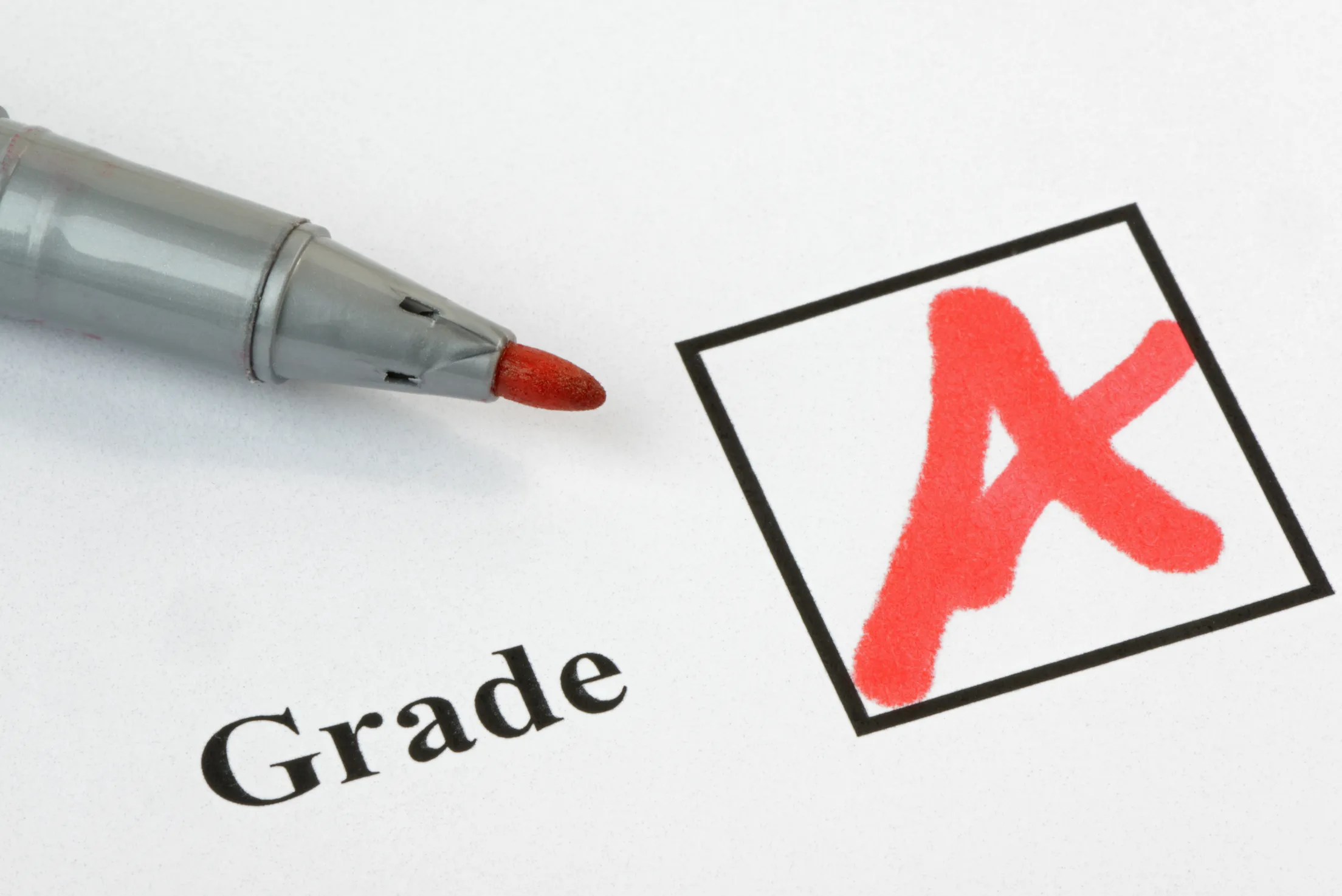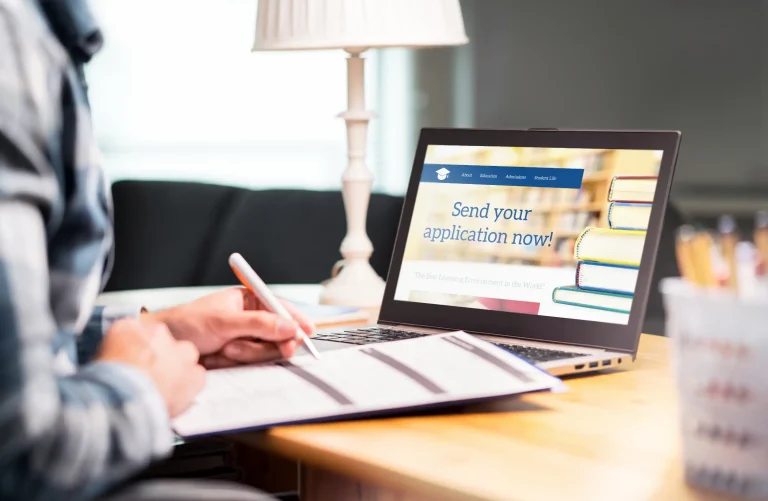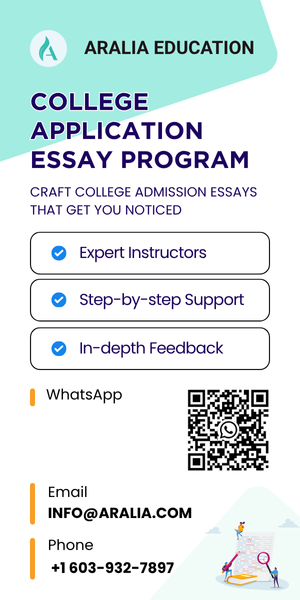If You are a Freshman who has completed 1 semester of high school
Congratulations on finishing your Fall semester, and we’re glad to hear that you’re aware of where your grades are at! You have nothing to worry about, as you still have five semesters ahead of you to improve your GPA. Take this time to ask yourself: “Why am I feeling concerned?” Once you discover why, it will become easier for you to pinpoint which areas need improvement.
If you think your freshman classes are too challenging, you should discuss this with your advisor or counselor to figure out what you need help and support with so that you can work together towards a solution. It’s important to take action as soon as possible rather than waiting until the very last minute because the later you take action, the more difficult it is to improve your habits and GPA.
Generally, we suggest that first-year students who are not performing well change their current study habits. For example, if you are a student who uses their phone while studying, try putting it on silent or turning on Focus Mode (iPhone) to minimize distractions so you can focus 100% of your attention and energy on studying. A recommended way of studying is to focus for 20 minutes, rest for five minutes, and repeat until you finish all your work. That way, you won’t feel tired and burned out after each study session.
Another study strategy is to finish the most challenging assignments first, and then work on the easier ones. By prioritizing these assignments you can allocate the proper amount of time to them and organize your other tasks based on that. And, don’t forget to always ask for help if you are struggling; every teacher wants to help you improve and become a better student!
If you are a Sophomore
If you are a sophomore, you have three or four more semesters before college applications are due. This means that even though your GPA is lower than expected, you still have a chance to improve your GPA!
One of the most important things you can do to improve your GPA is to stay organized. Keeping track of deadlines, tests, and other assignments is crucial for success. We suggest that you use a planner or online calendar to keep track of due dates, test dates and other important assignments. Planners can also help you visualize your workload and schedule breaks and study sessions as well.
Make sure that you are taking advantage of any available tutoring programs or extra help. Your school may offer peer tutoring, or you can seek out private tutors or online resources to get the assistance you need. Alternatively, you can seek out private tutors or tutoring companies like Aralia Education to get additional help with difficult subjects.
Finally, don’t forget to take care of yourself! Make sure to get plenty of rest and eat a healthy diet; these actions will help ensure that your GPA is at its best. This means getting plenty of rest and eating a healthy diet. By taking care of your physical and mental health, you’ll be better equipped to handle the demands of high school coursework and maintain a high GPA.
If you are a Junior
If you are a junior, you technically only have one to two semesters left before sending your GPA to colleges; therefore, your grades during junior year are one-third of your cumulative GPA. But, that does not mean you won’t be able to shift your GPA slightly this year! However, an increase from a 2.7 to a 3.5 is likely to be very challenging.
First, start off by going over any missed assignments or projects that may be holding your GPA down. Talk to your teachers and ask them if they can help you understand the material better or extend deadlines on any of the assignments. In high school, some teachers may offer extra credit opportunities, such as extra assignments or short quizzes to help boost your grade. It’s worth asking teachers if they have any similar opportunities available, so that you can improve your GPA.
Additionally, try to plan out a study schedule, and stick to it. Make sure you are taking the time to thoroughly review material before tests and quizzes so that you are more prepared when it comes time for exams. You can also consider forming study groups with classmates to help each other understand the material better.
Finally, look into extra-curricular activities or volunteer opportunities that will help boost your GPA by showing a commitment to learning outside of school. Examples can be clubs or organizations that align with your interests and goals, or volunteering with local charities or nonprofits. These experiences can help you stand out to colleges and improve your overall GPA.
If you are a Senior
Some tips that can help you improve your GPA
Take advantage of school resources
If you are struggling in class, the first place you should always go to is your school’s resources. School resources include teachers, academic advisors, and tutoring programs. Because teachers and advisors have extensive experience teaching and guiding students, they can assess your situation and provide the best advice for you. If you want additional help, you can take advantage of the peer-tutoring program at school. Previous students who have taken the same classes can give you guidance, tutoring, and answer questions about the class.
If you prefer solving problems on your own before reaching out for help, online videos from Khan Academy and YouTube, or simply Googling your questions can sometimes be a great step.
Create an improvement plan with deadlines and clear goals
First, we suggest you have a clear improvement plan and stay on track with your progress to see whether your studying habits and GPA have improved. An improvement plan doesn’t have a strict template; it is just an outline of your strengths and weaknesses, your current performance in classes, how you want to improve, the steps you will take to do so, and how long it should take. You can organize this in whatever way works best for you!
Use summer vacation to attend additional classes, reorganize, and practice
If you are usually occupied with classes, extracurricular activities, and student organizations during the school year, maybe taking classes during the summer could help you improve your GPA. Online or in-person courses during the summer will have fewer distractions and help you become more focused, since you will take a reduced amount of classes. Individual students also receive more attention and personalized guidance from instructors due to smaller class sizes.
At Aralia, we provide students with undivided attention and a personalized curriculum. Our classes will help you build a strong foundation, and give you a head start for the upcoming school year. We provide 50+ classes across academic tutoring, portfolio preparation, and standardized testing.
Check out our class list to learn more.











